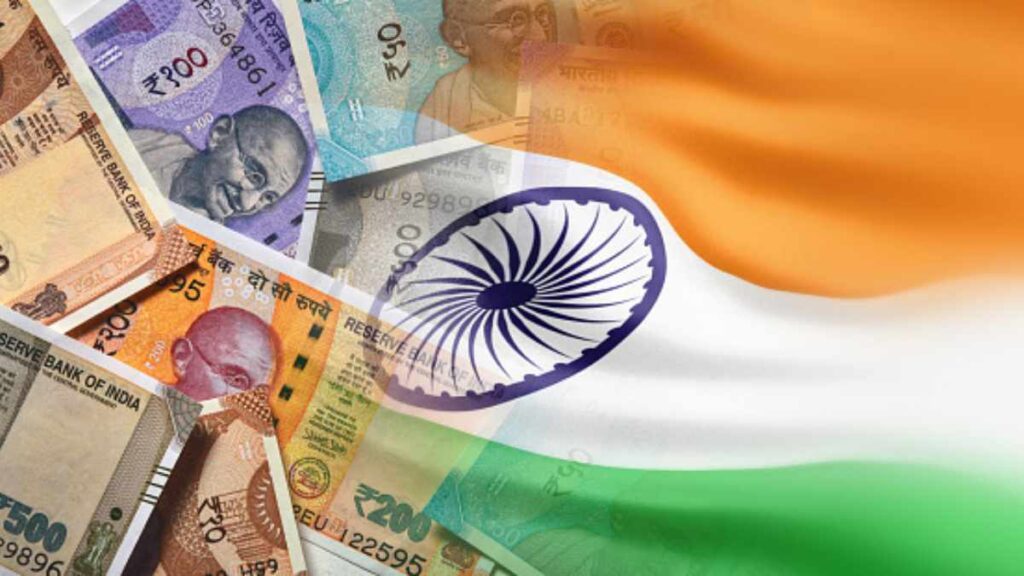Simplification of e-commerce rules, payment of duty refund scheme in cash, establishment of a national trade network and publication of a report on the effectiveness of India's trade agreements will be part of the new government's 100-day agenda, GTRI said. said it should. Wednesday.
The economic think tank Global Trade Research Initiative (GTRI) has also proposed the use of blockchain technology to track the mechanisms of major fruit and vegetable products, allowing special economic zones to sell goods on the domestic market on the basis of tariff exemptions. proposed to reduce dependence on China for trade. Important imported products include pharmaceutical ingredients, solar cells, EV batteries, and mobile phone parts.
“The first 100 days will be a critical period for (a new government) to determine its governance and policy direction,” said GTRI founder Ajay Srivastava.
The seven-phase Lok Sabha polls, the world's biggest election campaign, will begin on April 19 and counting of votes will take place on June 4.
Furthermore, it recommended the development of an action plan to counter the negative effects of European climate regulation. Building alliances and strengthening partnerships for better outcomes at the World Trade Organization (WTO). Highlights how some WTO laws are discriminatory and need to be changed. Standardization of incentives in manufacturing schemes.
According to the report, the National Trade Network (NTN) not only centralizes the online submission of all necessary documents and information, eliminating the need for separate interactions with customs, but also handles all import and export related matters. It will help enable compliance online, the Directorate General of Foreign Trade (DGFT) said. , shipping companies, ports, banks.
The think tank said it would be “bound by a service agreement that guarantees a response within two to five hours, intelligently disseminates information to relevant agencies and enables online authorization.”
Defending NTN, Srivastava said the current system focuses on specific sectors, is slow to evolve and cannot handle comprehensive processes efficiently.
Also read: Credit card loans: Learn about benefits, eligibility and required documents here
“India needs an NTN that has re-engineered its business processes,” he said.
Additionally, India has 14 comprehensive free trade agreements (FTAs) and six smaller trade agreements, and the new government will need to clarify how these agreements have worked over time. added.
“This analysis provides insight into the role of FTAs in export promotion and may inform ongoing trade negotiations,” GTRI said.
It also said that incentives under the Relief of Duties and Taxes on Exported Products (RoDTEP) scheme will be issued in the form of electronic scrip which can be used for imports. Small businesses need to sell these at a discount to get cash.
The report suggested that the RoDTEP scheme is a refund of unpaid taxes, much like a drawback scheme, and therefore, as well as its drawbacks, the incentives need to be paid in cash rather than scrip.
“This will improve the liquidity of SMEs without any additional revenue leakage to the government. For best results, RoDTEP should be integrated with the drawback facility and be transferred to the exporter’s bank account in one go. There is a possibility that the funds will be transferred.”
Regarding e-commerce, India has more than 2 million companies that produce quality products and services, but fewer than 100,000 export them, the paper said.
“Start export of handicrafts, jewellery, ethnic wear, decorative paintings, Ayurveda and many other products by simplifying RBI, banking, customs, GST, DGFT rules related to e-commerce exports “This will be possible,” the report said.
Regarding China, Srivastava said that if left unchecked, one in three electric cars and many more passenger cars and commercial vehicles on Indian roads in the next few years will be sold to India alone or through joint ventures with Indian companies. He said it could be manufactured by a Chinese company.
It further said that EU deforestation regulations, carbon border adjustment measures, foreign subsidy regulations and Germany's Supply Chain Due Diligence Act will have a negative impact on India's exports and create export uncertainty.
“India must develop an aggressive action plan to counter these and be prepared to deal an equal blow to imports from the EU,” he said.
(This report is published as part of an auto-generated, syndicated wire feed. Other than the headline, copy has not been edited by ABP Live.)


